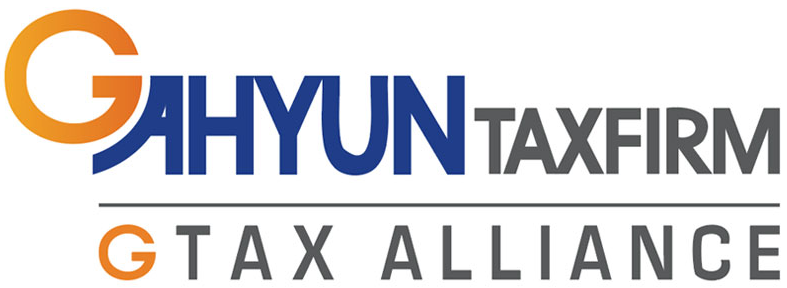By now, you may already be familiar with the concept of a tax invoice in Korea. This unique system is overseen by the Korea Tax Office. However, if you are not acquainted with this topic, I encourage you to refer to the post below for more information
Have you heard of Tax invoice?
I assure You would know ‘invoice’ but have you heard of Tax invoice? 1.Almost every transaction require Tax invoice In Korea In Korea there is a unique system called the tax invoice. and it is required for every transaction that occurs between business
www.g-tax.kr

1.Tax invoices should be issued by the 10th of the month following the provision of goods or services
Tax invoices should be issued by seller when goods are delivered to the customer or when services are completed.
However, there is some flexibility regarding the issuance date, and it is acceptable to issue the invoice by the 10th of the month following the delivery of goods or completion of services.

| Article 34 (Time Limit for Issuing Tax Invoices) (1) Any entrepreneur shall issue a tax invoice to any person supplied with goods or services at the time of supplying such goods or services under Article 15 or 16. (2)Notwithstanding paragraph (1), an entrepreneur may issue a tax invoice under Article 17 even before the time of supply of goods or services under Article 15 or 16. (3)Notwithstanding paragraph (1), a tax invoice may be issued not later than the tenth day (if the day is a holiday or Saturday, referring to the business day immediately following such day) of the month following the month in which the date of supply of goods or services falls, if any of the following is applicable: 1.Where a tax invoice is issued as of the last day of a calendar month, including the total value of supplies for the calendar month by transaction party; 2.Where a tax invoice is issued as of the last day of a period not exceeding one calendar month, which is fixed by an entrepreneur at his or her discretion by transaction party, including the total value of supplies for such a period; 3.Where a tax invoice is issued as of the date of an actual transaction, which is supported by related documentary evidence, etc. |
Failure to meet the issuance date for tax invoices can result in penalty taxes for late or non-issuance.
Late issuance incurs a penalty of 1% of the total price (either for goods or services), while non-issuance results in a penalty of 2% of the total price."
Example 1:
A company provided goods to a customer on September 20th and issued the tax invoice on the 10th of October.
(Price of goods: 100,000,000 KRW)
In this case, there will be no penalty taxes to be paid.
Example 2:
B company provided goods to a customer on September 20th but issued the tax invoice on the 15th of October.
(Price of goods: 100,000,000 KRW)
In this scenario, there will be a penalty tax of 1,000,000 KRW (10,000,000 x 1% = 1,000,000 KRW).
2.Penalties related to tax invioice
Not only are there penalties for late or incorrect issuance of tax invoices, but there are also other penalty taxes related to tax invoices, as outlined below:
-Penalty for Inaccurate Tax Invoice Entries : A surcharge of 1% of the invoice value
-Total Sales Invoice Surcharge by Supplier: 0.5%/0.3% surcharge on the invoice value
-Penalty for Delayed Transmission of Electronic Tax Invoices: A surcharge of 0.5% of the invoice value
-Penalty for Non-Transmission of Electronic Tax Invoices: A surcharge of 1% of the invoice value
-Surcharge for Excessive Reporting of Invoice Value: A surcharge of 2% will be applied to the excessively reported invoice value.
So In the Korean tax system, it is of utmost importance to issue tax invoices accurately and on time."


Thank you for read my article! I hope it helps.
If you want to see more information about Korea tax and accounting, please follow us.
And if you need help for your tax filing or accountung or looking for CPA in Korea, don't hesitate to contace us

you can contact me through the information in the name card.




